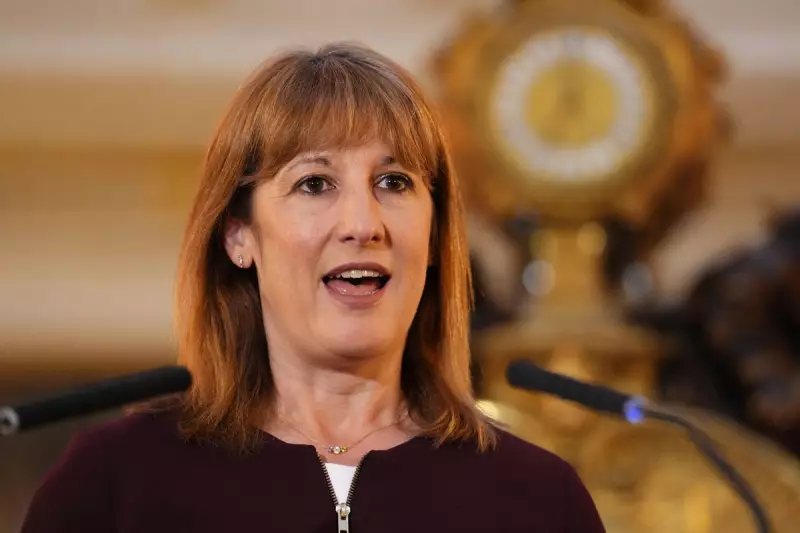
In a bold move that's sparking intense debate across Westminster, Chancellor Rachel Reeves is actively courting financial investment from Gulf states, with Saudi Arabia emerging as a key potential partner. This strategic pivot towards Middle Eastern wealth represents a significant shift in Labour's economic approach as they seek to rebuild Britain's finances.
The Gulf Gambit: Economic Necessity or Moral Compromise?
The new government faces a daunting inheritance: public finances stretched to their limits, growth stagnating, and urgent need for investment. Reeves' outreach to nations like Saudi Arabia, Qatar, and the United Arab Emirates signals a pragmatic recognition that traditional European partners alone cannot meet Britain's capital requirements.
This isn't merely about filling budget gaps - the Chancellor appears to be building long-term relationships with sovereign wealth funds that control trillions in assets. The potential investments could span infrastructure, green technology, and urban regeneration projects across the UK.
Navigating the Ethical Minefield
The strategy comes with considerable political risks. Human rights organisations have immediately raised concerns about partnering with regimes whose values often conflict with Labour's traditional principles. Saudi Arabia's human rights record, particularly regarding women's rights and political freedoms, presents a challenging backdrop for any partnership.
Yet government insiders argue that economic reality must take precedence in these exceptional circumstances. With borrowing costs remaining high and domestic investment insufficient, Gulf capital represents one of the few available options for funding major projects without increasing the national debt.
What's In It For The Gulf States?
For Saudi Arabia and its neighbours, Britain offers stable institutions, legal protections, and valuable strategic partnerships beyond pure financial returns. The timing coincides with Saudi Arabia's Vision 2030 initiative, which seeks to diversify its economy away from oil dependence.
- Access to British technology and expertise
- Political influence in a key Western nation
- Portfolio diversification through UK assets
- Strengthened diplomatic ties with a permanent UN Security Council member
The Westminster Reaction
Opposition MPs have been quick to question the ethical dimensions of this new financial courtship. Some Labour backbenchers have also expressed private concerns about the potential backlash from traditional supporters who expected a cleaner break from Conservative-era foreign policy approaches.
However, Treasury officials maintain that strict conditions and transparency requirements will be attached to any agreements, ensuring that British values and security interests remain protected throughout the partnerships.
As Rachel Reeves navigates this complex terrain, she faces the ultimate balancing act: securing the investment Britain desperately needs while maintaining the moral compass that Labour voters expect from their government. The success or failure of this Gulf strategy could define not only her chancellorship but the entire economic direction of the new administration.





